Ron Asheton: Detroit's Real Cool Guitar Icon
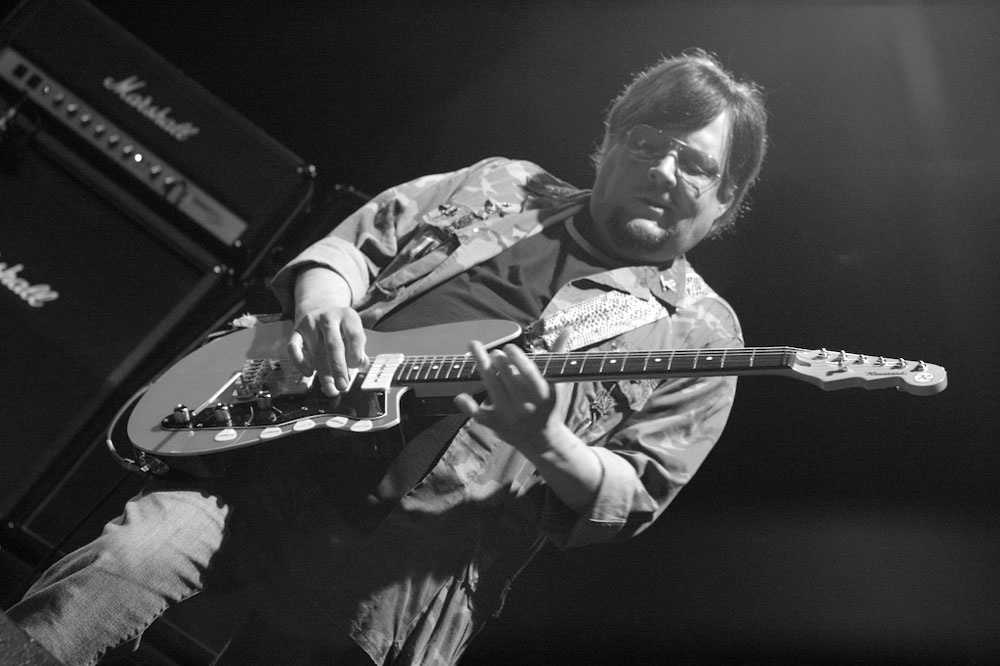
For a guy who's ranked in the top 30 guitarists of all time by Rolling Stone, Ron Asheton managed to stay below the radar for many a rock music fan.
Even after he passed away in 2009, Asheton's legacy hovered somewhere between "overrated" and "underrated," though today his impact cannot be overemphasized. In other words, if you've missed out on his incendiary guitar playing—meaning one of Detroit's legendary bands, the Stooges, has escaped your notice—then you've clearly been on another planet.
Asheton was the guitar player and a founding member of the Stooges, playing on the classic The Stooges and Fun House albums from the late Sixties/early Seventies. Not a flashy lead guitarist, nor a ham-it-up showoff, Asheton played the guitar matter-of-factly and in your face. His playing relied on fuzzed-out chordal riffs and dissonant, stabbing leads—unlike most of the guitar you heard in 1969.
If you went to Detroit’s Grande Ballroom to see the Stooges and were expecting some kind of "Summer of Love" six-string bliss, you were at the wrong venue, man! Asheton's guitar playing was jagged, ragged and raw, and it touched a nerve with a select group of n'er-do-wells who probably thought "peace and love" was a big-time scam. Little did Asheton and the Stooges—fronted by the animated Iggy Pop—know they'd go on to spawn a zillion garage bands, spark the formation of punk rock, spur on the Seattle grunge scene of the early Nineties and influence later acts ranging from the Red Hot Chili Peppers to Metallica to the White Stripes.
The Stooges disbanded in 1974, and Asheton moved on to form a few other Detroit-based bands, including the New Order (not to be confused with the Eighties UK group), Destroy All Monsters and Dark Carnival. It's during the early Nineties Dark Carnival era that Asheton and Reverend Guitars founder Joe Naylor first crossed paths. Second guitarist Greasy Carlisi had been borrowing a Naylor (Joe's pre-Reverend venture) Superdrive 60 amp, and when Ron heard it, he had to have one.
His official quote was, "I wanted a Naylor so bad, I drove through Detroit to get one." In 2003, the original Stooges reformed (with Mike Watt filling in on bass for the deceased Dave Alexander) and played on an Iggy Pop album called Skull Ring. A Stooges tour ensued, followed by a 2007 album of all new material, The Weirdness. In fact, it was during pre-tour guitar tweaking that Naylor conceived a modification for Asheton that would eventually become the popular Reverend Bass Contour control. "Ron was playing our early Avenger model, which had three very thick-sounding single-coils," Naylor says.
"He was concerned he wouldn't be able to approximate the thin, bright tone of his old Strat, which Iggy favored for several of the tunes. So I came up with a passive bass roll-off control that re-voiced the pickups for that sound. Ron called it 'the secret weapon,' and it worked great!"
Get The Pick Newsletter
All the latest guitar news, interviews, lessons, reviews, deals and more, direct to your inbox!
By the time The Weirdness was released, Asheton had been using Reverend guitars almost exclusively on tour and in the studio. He was honored with a Reverend signature guitar, which is still available. Not that Ron felt he deserved a signature model, but Naylor felt the humble guitarist did, and figured who better to do it than the Detroit-based Reverend Guitars. Asheton had a thing for "V”-shaped guitars but wanted a brighter and rawer tone than the typical humbucker configuration, hence the three-P90 setup.
The lightning bolts on the upper wing were requested by Asheton as a nod to his beloved Naylor amp, which flies a similar logo motif. And the orange color? Well, Ron had to clear that with Iggy because apparently Mr. Pop doesn’t dig the color—"No orange clothes on stage!" is one of the leader's stern decrees—though he OK'd the transparent orange that dons the Asheton Signature. (Incidentally, a portion of the proceeds from sales of the Asheton Signature guitar goes to The Ron Asheton Foundation, which was set up to “provide aid and support to his two greatest passions, animals and musicians.”)
In early January 2009, Asheton was found dead in his home in Ann Arbor, the victim of a heart attack a few days earlier (As a token of appreciation, Ron's sister Kathy later returned his heavily toured orange Avenger back to Reverend; it has a featured place in the Detroit guitar maker's front office). The Stooges, including Asheton, were voted into the Rock and Roll Hall of Fame in 2010, and the band continues to play on with the addition of guitarist James Williamson.
Asheton’s legend lingers every time someone drops the needle on a Stooges record, sees a movie like Lock, Stock and Two Smoking Barrels (featuring “I Wanna Be Your Dog”) or runs into any band of slackers rocking their guitars in that dirty, street-level manner that our Detroit boy first telegraphed to our skulls some 40-plus years ago. Asheton may have died, but his iconic guitar style will emanate from guitar amps for a long time to come.
Marsh Gooch is a graphic designer and writer from Seattle who has been playing guitar and bass "for an awfully long time." He's held marketing positions with ESP Guitars, Ampeg, Line 6 and Reverend Guitars. He rocks to all kinds of music, especially classic and punk rock, and actually prefers the Damned over the Beatles. At least half the time. He can be reached via his web site, marshallgooch.com.
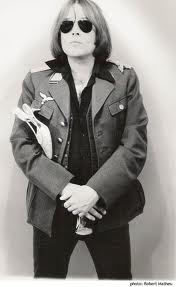
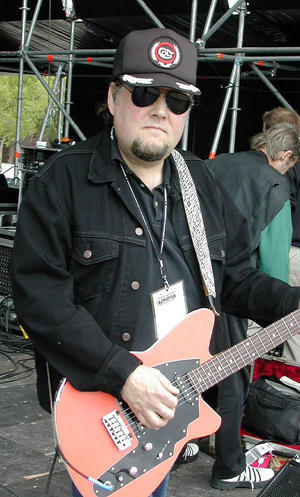
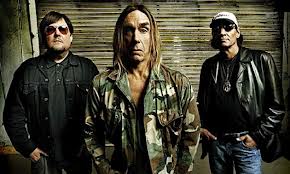
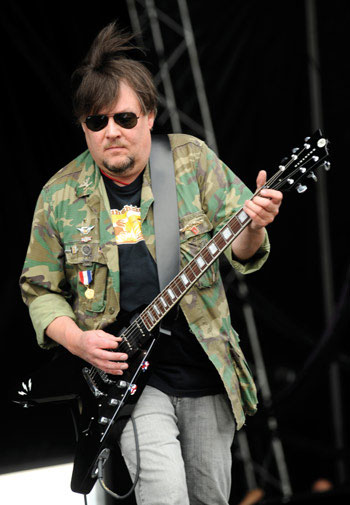
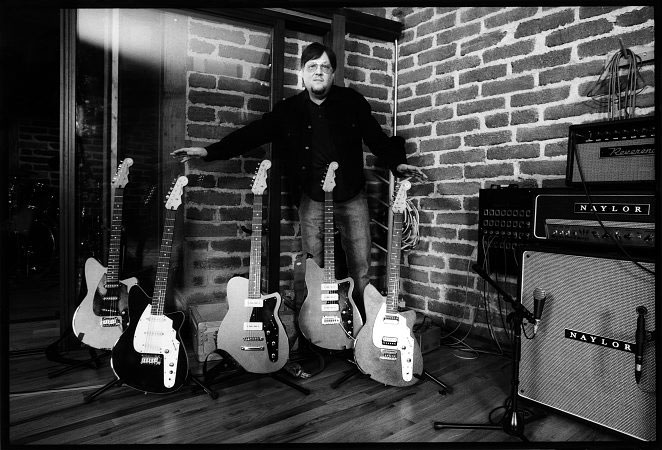
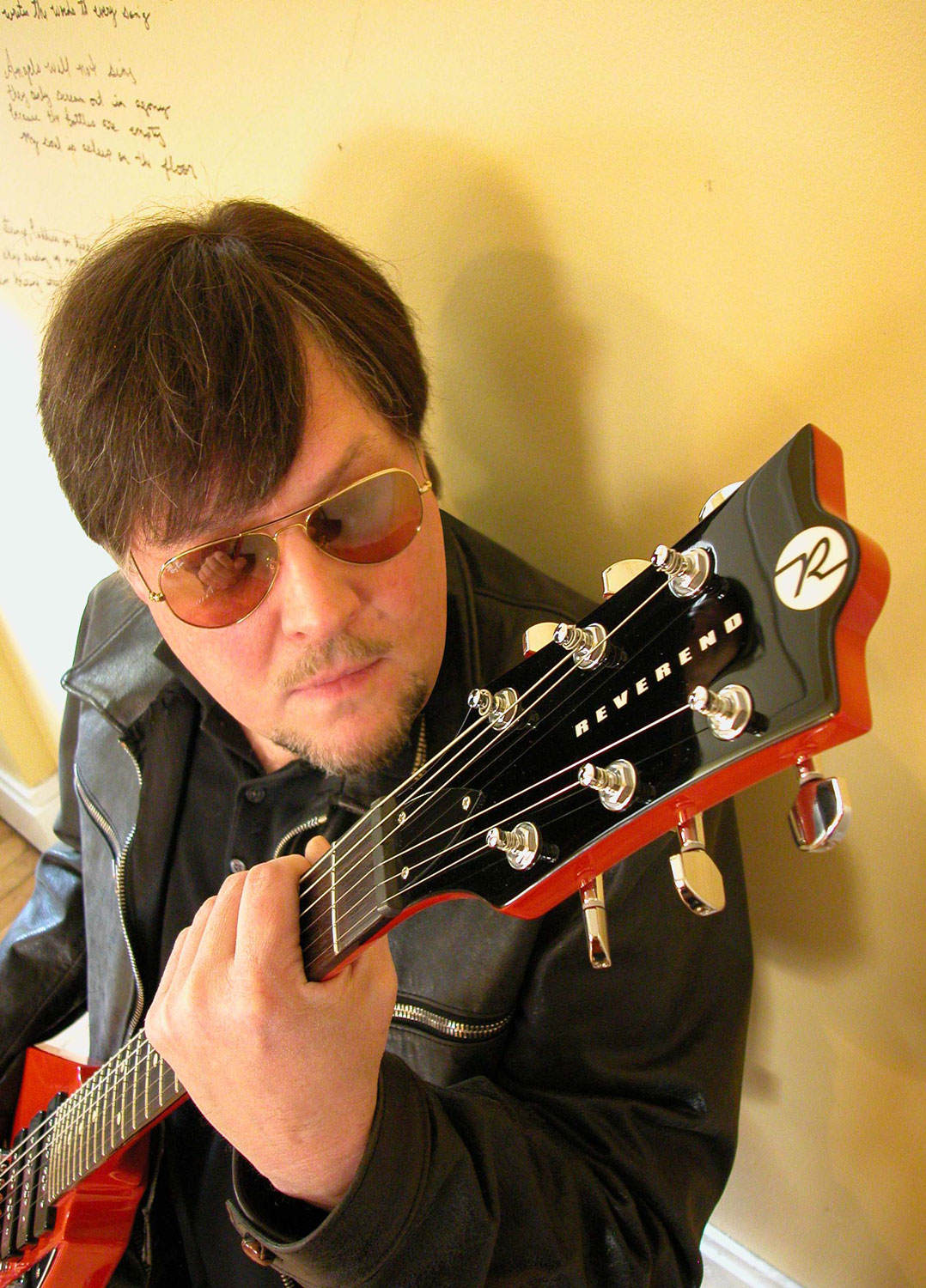
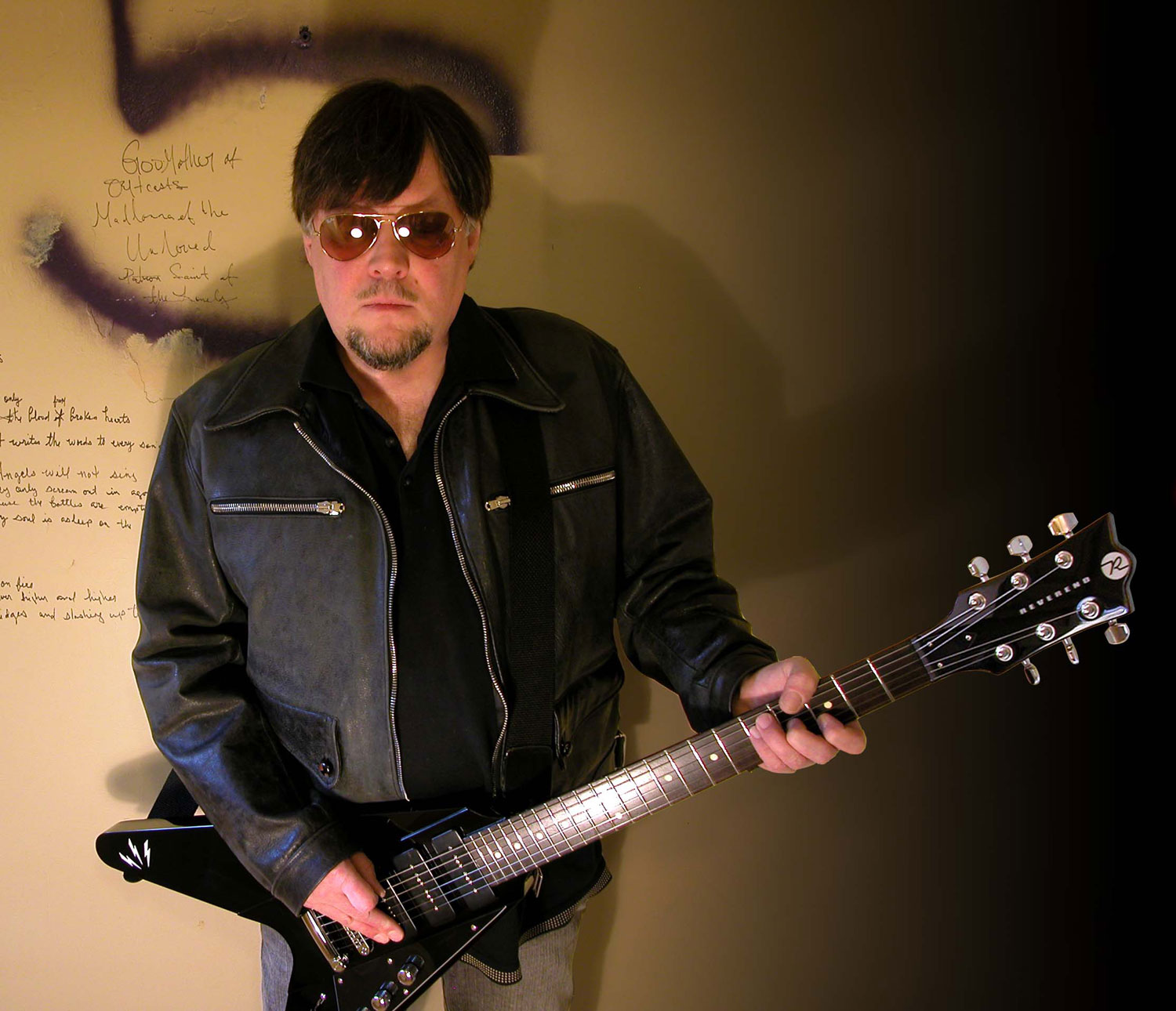
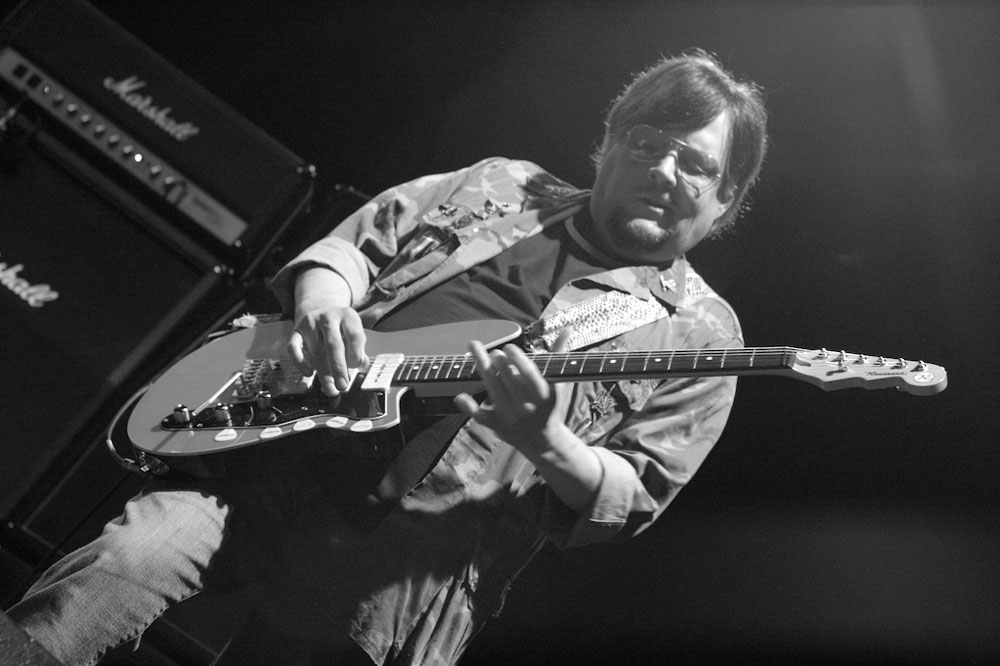
“I was in a frenzy about it being trapped and burnt up. I knew I'd never be able to replace it”: After being pulled from the wreckage of a car crash, John Sykes ran back to his burning vehicle to save his beloved '76 Les Paul
“His songs are timeless, you can’t tell if they were written in the 1400s or now”: Michael Hurley, guitarist and singer/songwriter known as the ‘Godfather of freak folk,’ dies at 83









